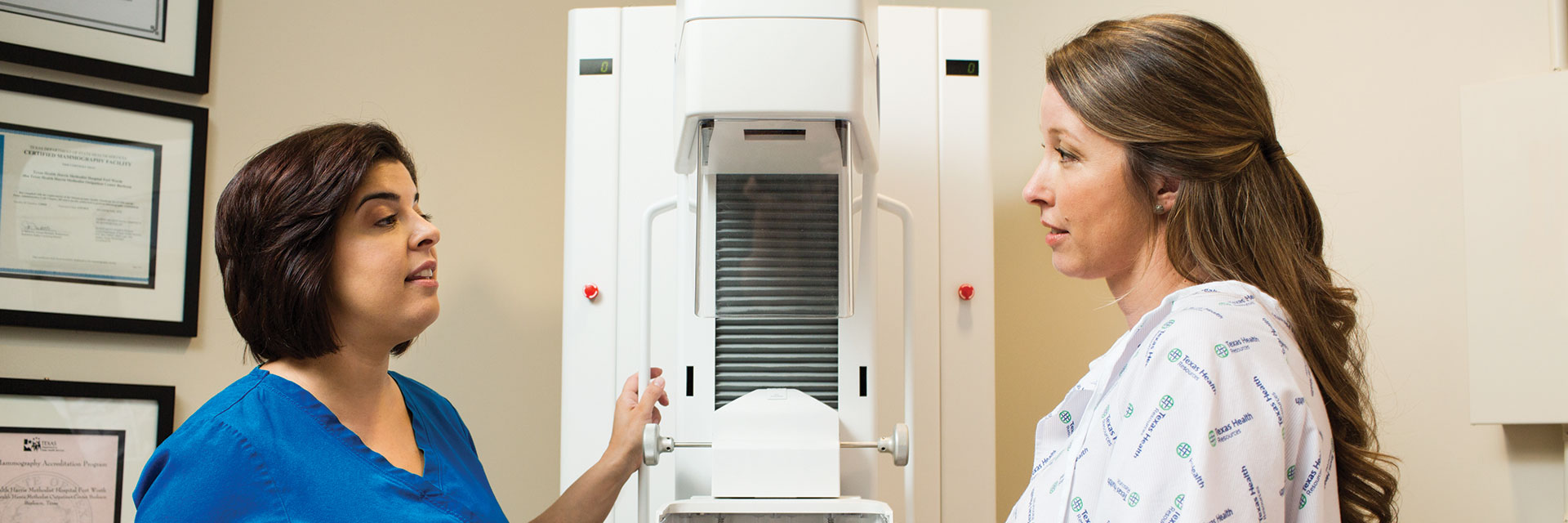It's normal to feel a little uneasy about getting a mammogram. Yes, it might feel awkward, it may not be the most comfortable experience, and worries about cost or family history can make it seem like something you can skip. But let's shift our perspective. Mammograms aren't just tests; they're vital tools for keeping us healthy.
Breast Cancer Awareness Month in October shines a spotlight on the importance of mammograms and self-breast exams. However, the significance of early breast cancer detection extends beyond a single month, emphasizing the need for consistent mammograms and self-exams throughout the year.
Early detection is our greatest ally against breast cancer, a fact too often overlooked in the hustle and bustle of daily life.
“While most people are aware of breast cancer, many forget to take the steps to have a plan to detect the disease in its early stages and encourage others to do the same,” the National Breast Cancer Foundation says on its website.
Additionally, The American College of Obstetricians and Gynecologists (ACOG) suggests offering breast screening to average-risk women in their 40s but refrains from providing a clear directive on whether testing during this period is necessary. Instead, they advise women to discuss screening risks and benefits with their physicians and recommend initiating mammograms by age 50 at the latest.
In most cases, “women should have a yearly mammogram starting at age 40 as recommended by the American College of Radiology,” says Marilyn Miers, RN supervisor for Peggy A. Bell Women’s Diagnostic and Breast Center at Texas Health Dallas.
In fact, age 40 seems to be the consensus across the board, says Kory Jones, M.D., a breast surgeon on the medical staff at Texas Health Arlington Memorial.
“Most breast surgeons, radiologists and medical societies believe that women should start having yearly screening mammograms at the age of 40," Jones says.

“If you have a first-degree relative who had breast cancer at a younger age, you will want to have your first mammogram 10 years prior to that person's diagnosis,” she explains further. “For instance, if your mother was diagnosed with breast cancer at age 45, you would want to have your first mammogram at age 35.”
And if you put it off, you’re not alone. According to the National Center for Health Statistics, less than 70 percent of women said they had received a mammogram in the last two years. However, that statistic is up from 67 percent in recent years.
Why? Miers says some of the reasons she usually hears is that the woman has no family history of cancer, or that they are afraid of finding cancer. Cost, she said, is also a factor for some women.
While discomfort during mammograms is a common concern, it's essential to recognize the bigger picture. Temporary discomfort pales in comparison to the potential lives saved through early detection. A breast center with well-trained technicians can minimize discomfort, ensuring the process is as bearable as possible, but to get a good image, some discomfort is necessary.
“There is a perception that mammograms are very painful. They do press on your breasts in different angles, which can be uncomfortable to women with sensitive or tender breasts,” Jones says. “However, they do not last very long, and they aren't invasive — most women have minimal discomfort.”
But regardless of the temporary discomfort, all three physicians agree that getting regular mammograms is a must.
“Mammography is the best screening tool for early detection,” Miers says.
“They save lives,” Iyengar agrees. “If we’re able to find cancers at an early stage, we can obviously treat them earlier, too.”
In fact, Jones says that a good mammogram can even detect a problem before it becomes cancerous.
“Finding these cancers early means that most women more likely are able to keep their breasts and only have the localized cancer removed,” Jones adds. “Also, when cancer is caught at an earlier stage, some women can avoid having to undergo treatment with chemotherapy.”
In addition, 3D mammography — known as digital breast tomosynthesis — is also covered by commercial insurance plans. Physicians on the medical staffs at Texas Health hospitals say the advanced imaging can help detect breast cancer earlier than traditional mammography.
Many other organizations in North Texas also help with free or low-cost mammography.
Let's focus on the positives. Mammograms are not just about detecting cancer; they're about preserving life. They offer us the chance to detect and treat breast cancer before it progresses, providing options for less invasive treatments and better outcomes.
So, let's take charge of our health today. Let's prioritize regular mammograms, not just for ourselves but for our loved ones and communities. By spreading awareness and encouraging others to prioritize their health, we can make a tangible difference in the fight against breast cancer.
Schedule your mammogram and encourage others to do the same. Visit TexasHealth.org/Breast-Care to learn more.
Employers and groups can also make a difference by contacting the Mobile Health Unit to arrange convenient screening options. Contact the Mobile Health Unit by calling 817-250-1910 or emailing THRMobileUnit@texashealth.org to get more information.

